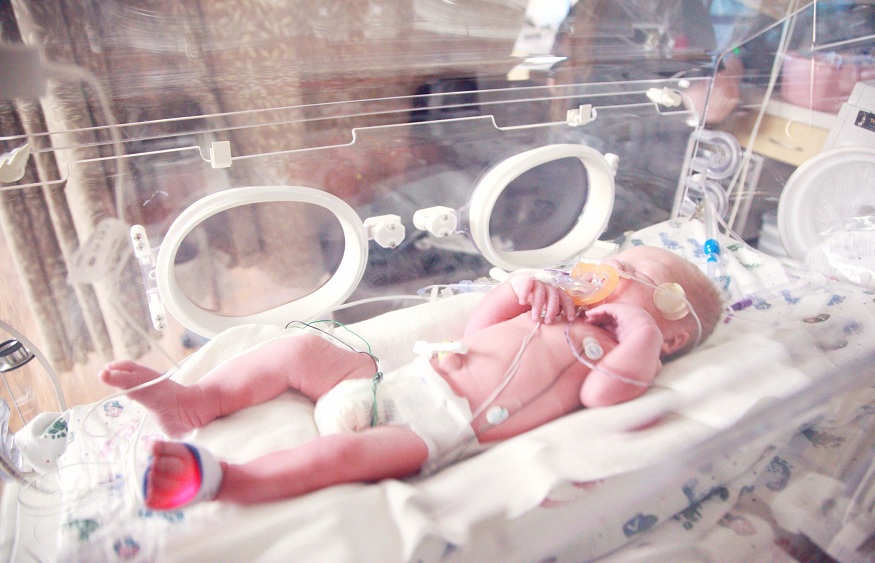The neonatal intensive care unit (NICU) is a place where specialized medical care is provided for premature babies or newborns with serious health concerns. It can be a challenging and overwhelming experience for parents and families. Understanding what to expect and how to navigate this crucial phase can provide some comfort and support during a difficult time.
In this blog post, we will discuss the NICU and provide guidance to help parents and families cope.
What is a NICU?
The Neonatal Intensive Care Unit (NICU) is a specialized medical facility within a hospital that is equipped to provide intensive care to premature infants or newborns with critical medical conditions. The NICU is staffed with a team of healthcare professionals trained in neonatal care, including neonatologists, neonatal nurses, respiratory therapists, and other specialists.
Understanding the NICU Environment
1. Equipment and Monitors
In the NICU, you will find various medical equipment such as ventilators, incubators, monitors, and feeding tubes. These devices are essential for monitoring and providing care to premature or critically ill infants.
2. Specialized Care
Neonatologists and nurses in the NICU are specially trained to care for the unique needs of newborns, including administering medications, managing respiratory issues, and addressing nutritional needs.
3. Emphasis on Infection Control
Given the vulnerability of premature babies, infection control measures are of utmost importance in the NICU. Healthcare professionals rigorously follow protocols to minimize the risk of infections.
Coping Strategies for Parents
1. Communication with Healthcare Providers
Open and frequent communication with the healthcare team is crucial. Don’t hesitate to ask questions or seek clarifications about your baby’s condition and treatment plan.
2. Take Care of Yourself
Caring for a baby in the NICU can be emotionally and physically draining. It’s essential to take breaks, rest, eat well, and lean on your support network for assistance.
3. Join Support Groups
Connecting with other parents who have experienced or are currently going through a NICU journey can be incredibly beneficial. Sharing experiences and advice can provide comfort and valuable insights.
NICU Discharge and Beyond
1. Preparing for Discharge
As your baby progresses and is ready for discharge, ensure you have all the necessary information about caring for your baby at home, including feeding schedules, medication instructions, and follow-up appointments.
2. Early Intervention Services
Depending on your baby’s needs, early intervention services may be recommended. These services can include physical therapy, speech therapy, or developmental assessments to support your baby’s growth and development.
3. Follow-up Care
Keep all follow-up appointments and maintain open communication with your healthcare providers even after leaving the NICU. Regular check-ups will help monitor your baby’s progress and address any concerns promptly.
In conclusion, the NICU can be a challenging experience for parents and families, but understanding the environment and having a supportive network can make a significant difference. Remember to communicate openly with healthcare providers, take care of yourself, seek support, and prepare for the transition home. With proper care and attention, your baby can thrive and overcome the initial challenges posed by their early start in life.





